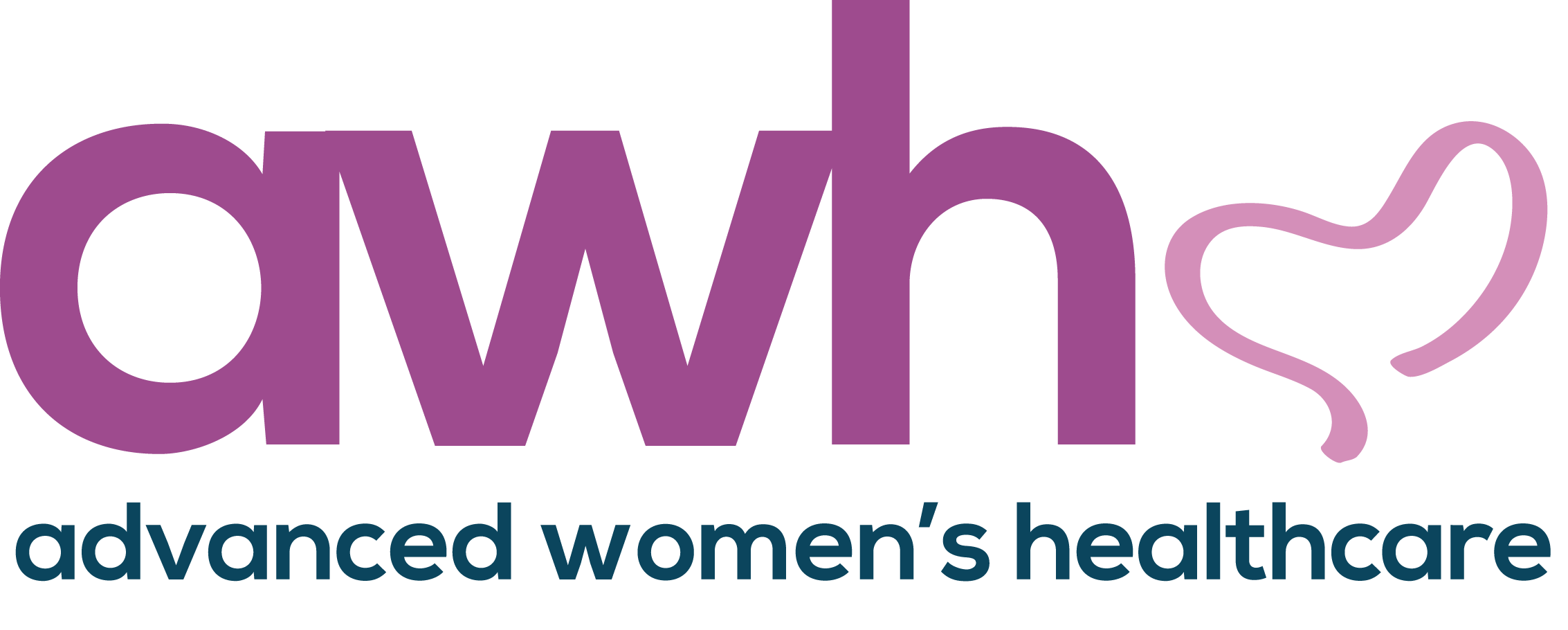Know the Signs of Preeclampsia and Treatment Options
Preeclampsia affects upwards of eight percent of pregnancies and is something doctors monitor pregnant women closely for. If not treated quickly, preeclampsia can cause severe complications for the mother, including renal failure, liver failure and cardiovascular problems. In most severe form, preeclampsia can lead to eclampsia, at which point seizures can occur in the mother.
Preeclampsia can affect the unborn baby in a variety of ways, including:
- Preventing the placenta from getting enough blood
- Leading to the baby getting less oxygen and food
- Possibly causing low birth rate
During each prenatal visit, doctors monitor pregnant women’s vitals closely for signs of preeclampsia, as early detection is key to healthy mom and baby.
What Causes Preeclampsia
Certain women can be at increased risk of developing preeclampsia during pregnancy. This can include women:
- Who’ve had gestational hypertension or preeclampsia complications during past pregnancies
- With sisters and mothers who suffered from preeclampsia
- Carrying twins, triplets, etc.
- Younger than 20 or older than 40
- With high blood pressure prior to pregnancy
- With kidney disease
- Who are obese
Preeclampsia Warning Signs
During a preeclampsia test, doctors look for a variety of signals that a pregnant woman might be preeclamptic, including:
- High blood pressure
- Protein in the urine
- Water retention
Severe preeclampsia symptoms include headaches, light sensitivity, blurred vision, nausea, vomiting, shortness of breath, bruising, pain in the upper-right abdomen and urinating small amounts or infrequently. Pregnant women should speak with their doctor immediately if they begin to experience these symptoms.
Preeclampsia Treatment
The only cure for preeclampsia is to deliver the baby. Therefore, doctors will develop a treatment plan for preeclamptic mothers depending on the age of the unborn child.
Treatment might include:
- Rest
- Limiting salt intake
- Drinking more water
- Eating more protein
- Increased doctor visits
- Blood pressure medication
- Nutritional supplements
- Delivering the baby early, in some cases
Preeclampsia Prevention
Pregnant women can take a few measures to reduce their risk of developing preeclampsia, including:
- Drastically limiting salt intake
- Drinking eight glasses of water daily
- Avoiding fried and unhealthy foods
- Getting plenty of rest
- Regular exercise
- Elevating feet several times a day
- Avoiding alcohol
- Avoiding caffeine
- Taking supplements and/or medications as prescribed by their doctor





